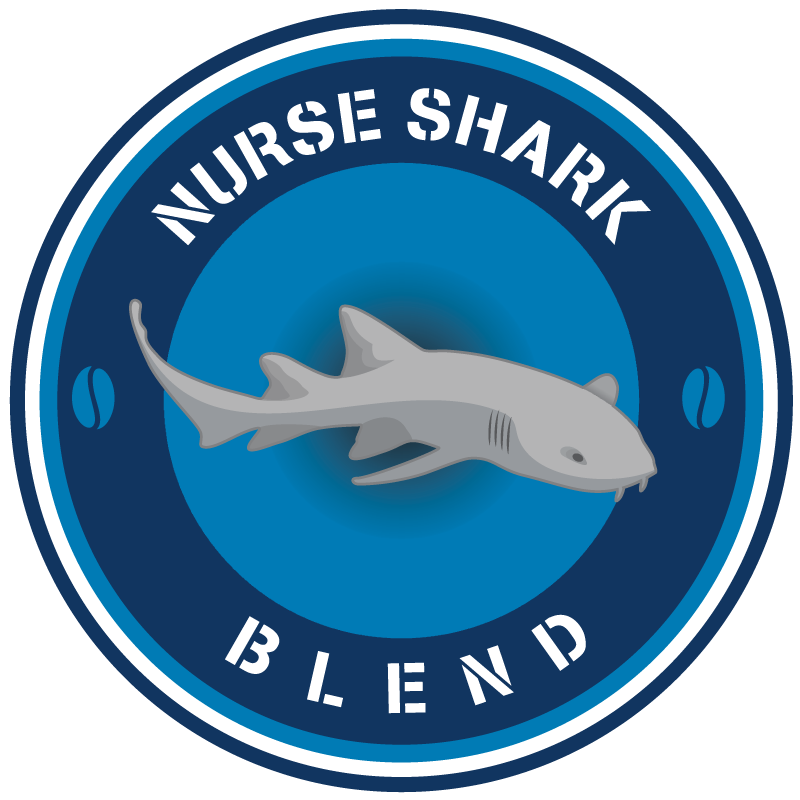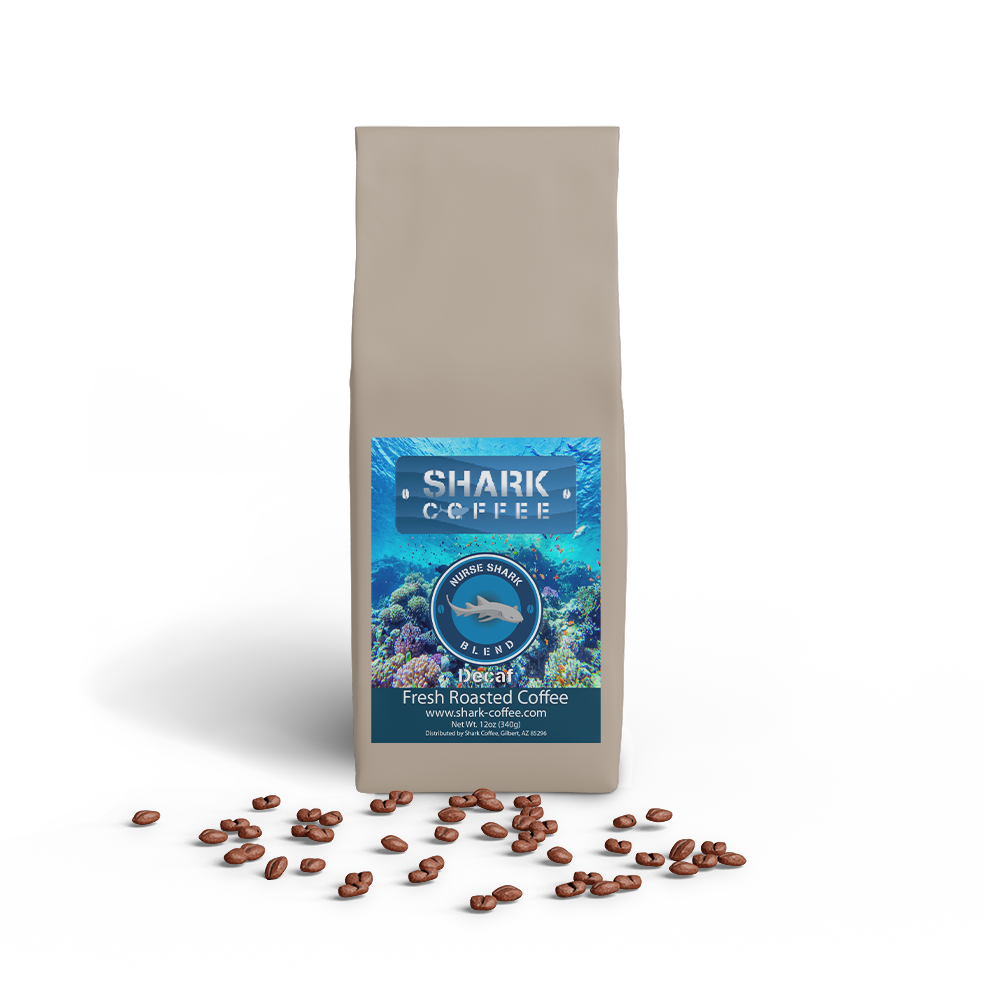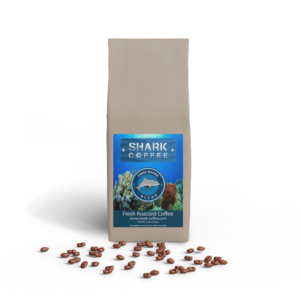
Nurse Shark Decaf
PRODUCT INSPIRED BY:
Bottom dwelling sharks typically yellowish-tan to dark brown and, as adults, average around 7.5 to 8 feet long.
Species Scientific Name: Ginglymostoma cirratum
Available in:
-
6oz.
-
12oz.
Origin: Decaf Indonesia Blend
Flavor Characteristics: Muted, earthy, fruit tones and a strong caramel overtone.
Additional information
| Weight | N/A |
|---|---|
| Select Size | 12oz (340g), 6oz (170g) |
Only logged in customers who have purchased this product may leave a review.
Nurse Shark:
Nurse sharks have flattened bodies with round heads and are yellowish-brown to dark brown in color. They have unique structures known as barbel between their nostrils to locate their prey and possess many serrated teeth to crush the prey. They’re common in tropical and subtropical coastal waters, where they’re typically found at the bottom of the ocean on coral reefs and seagrass beds. Nurse sharks are marine predators that eat mostly crustaceans and small fish in the water. They have the ability to create suction pressures in order to fill their stomachs with small species like catfish and stingrays. Nurse sharks can reach a maximum length of 14 feet and a weight of 300 to 330 pounds.
Nurse sharks are peaceful, gentle, and docile, and they are not aggressive towards humans. They are low-energy consumers. Most sharks must move to breathe, but nurse sharks may lie motionless on the water’s surface, allowing water to flow continuously through their mouth and gills. During the day, nurse sharks congregate in groups to ensure their safety, and at night, they hunt for shallow spots and seagrass beds to rest. Small marine fish have a fast reproduction rate, which means their population grows quickly. Nurse sharks serve a crucial part in maintaining an ecosystem’s food chain and habitat. Nurse sharks can have a maximum life span of 35 years. Male nurse sharks attain sexual maturity between the ages of 10 and 12, while females reach sexual maturity between the ages of 15 and 18.
Conservation Status:
Nurse sharks are considered vulnerable, according on recent study and surveys. Initially, they were hunted for their livers, which were used to extract various oils. Nurse sharks are economically valuable to humans, and they are hunted for their fins, skin (which is used to make high-quality leather), and meat. Aside from that, nurse sharks are extremely adaptable to changes in temperature and dissolved oxygen concentration. The population of these docile and distinctive sharks is decreasing due to overfishing, water pollution, and habitat degradation.



Reviews
There are no reviews yet.